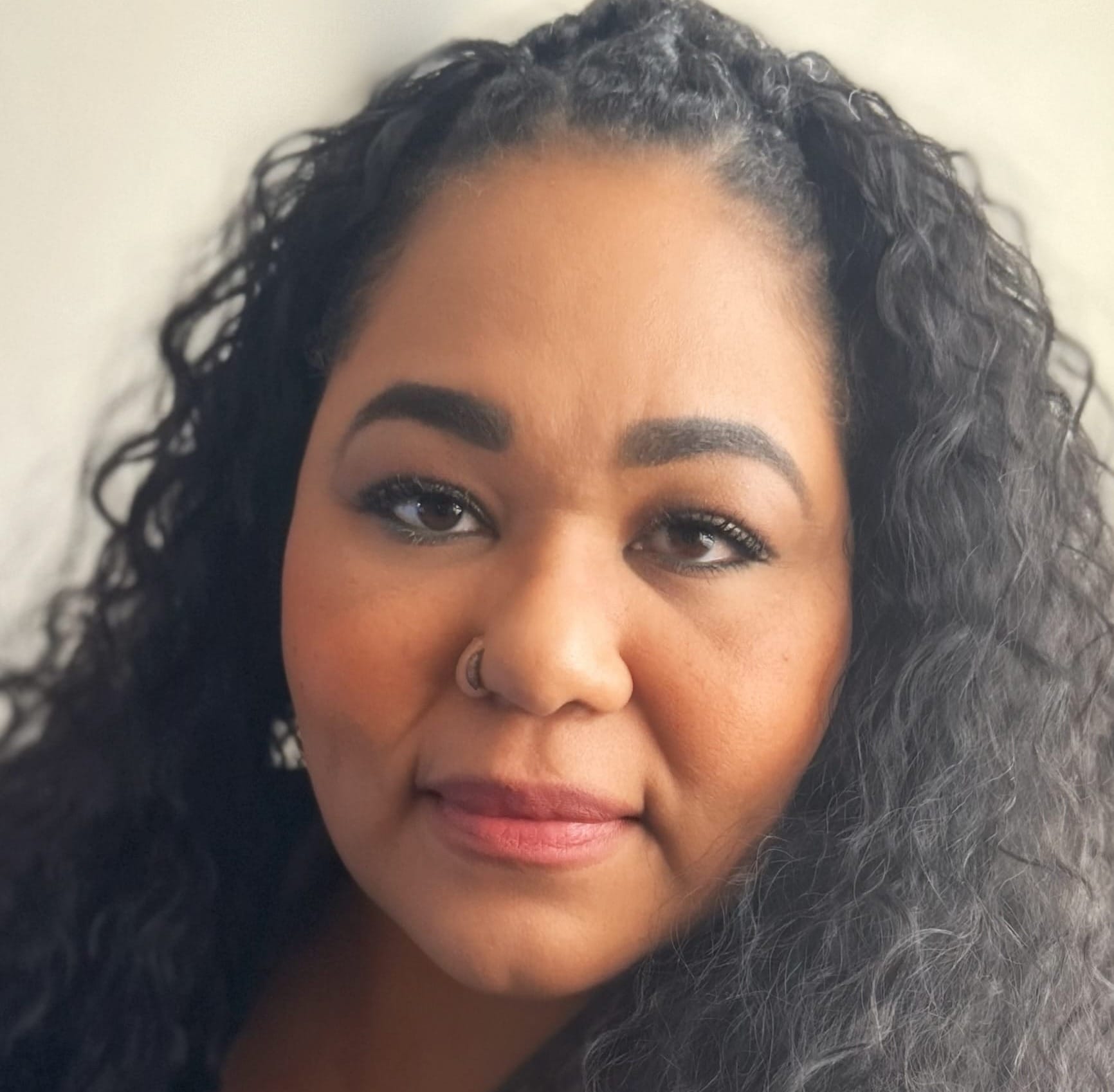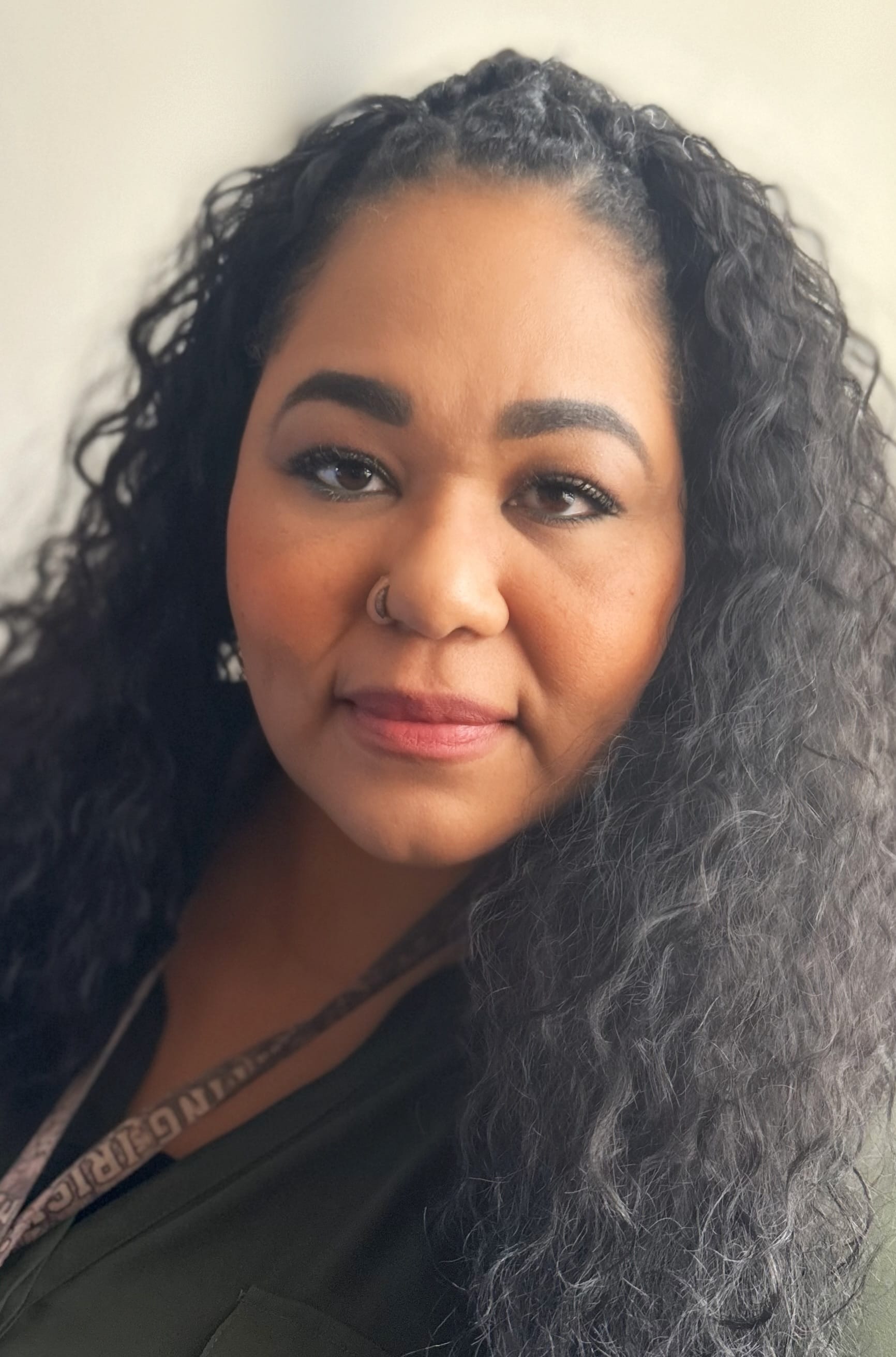Healing Happens in Community: CYFD Builds Systems of Care, Expands Access
Learn more about how CYFD is building family‑centered behavioral health systems in New Mexico through evidence‑based care, community partnerships, and culturally informed youth support.

by Samantha Anne Carrillo
Behavioral health isn’t just about therapy, says Liz Hamilton, Director of Behavioral Health for the New Mexico Children, Youth, and Families Department (CYFD). “We really look at all the holistic pieces of a child and a family,” said Hamilton.
Hamilton explains that CYFD’s role is building systems of care that support children across the state—not only in clinical settings but also within families, schools, and communities. “We partner with Medicaid through the Healthcare Authority, looking at services that are available and services that are needed,” she said.
The Science of Meeting Youth Behavioral Health Needs
Hamilton’s team focuses on increasing access to evidence-based practices, like eye movement desensitization and reprocessing (EMDR), dialectical behavior therapy (DBT), functional family therapy (FFT) and multisystemic therapy (MST). “We’re trying to enhance family system work in the home and maintain [that work] within the community. It’s about healing the whole family, not just treating a child in isolation,” says Hamilton.
Hamilton also says that recognizing the impact of brain development and trauma on children’s behavior is essential to building these systems. “Children have a different developmental capacity, so their brains are different, and they're processing things differently,” she said.
Building Trust and Community Response
According to Hamilton, a major part of CYFD’s strategy is meeting families where they are. This includes work to launch mobile crisis response and stabilization services that bring help directly into homes and neighborhoods to support them and help them figure out what they need and where and how to get it.
Addressing New Mexico’s youth behavioral health needs also means building partnerships beyond government. “CYFD is trying to grow their ability to make sure that people get connected to services and know what's in their community,” Hamilton says.

Connecting and Working with Community
Collaboration with community-based organizations—including New Mexico Black Leadership Council (NMBLC)—as well as schools and other agencies is key to this approach. Hamilton says CYFD’s Family Services Division is actively working to prevent deeper youth involvement with state systems like juvenile justice and protective services.
Hamilton emphasizes that families and community members shouldn’t hesitate to reach out for help, whether for themselves or someone they care about. “Don't be afraid to reach out, even if it's for your best friend or for a family member because you see a struggle,” she says.

Shifting Youth Mental Health Narratives
Hamilton sees progress in how youth and families talk about mental health. “It’s like a worldwide push of people actually just talking about it,” she says. Access to new technologies for therapeutic interaction and public figures who share their own mental health stories have created new opportunities and momentum for youth to seek support.
For our multicultural youth, Hamilton knows that cultural context matters. “There’s tons of traumatic history, there’s lots of intergenerational traumas and items within families that don't get talked about,” she explains. Hamilton also believes that supporting youth via mentors and providers who see them for who they actually are—not just their struggles—could shift outcomes across communities.
Looking ahead, Hamilton encourages individuals and communities to keep the conversation going and stay involved with CYFD’s work. “We need community help. … The more we hear, the more it helps us figure out how we can expand and how we can support the needs of families,” she says.
Youth and teens can text 505-591-9444 to connect with a trained CYFD Advocate 24/7/365 via the REACH NM peer support resource line. For children’s behavioral health inquiries, email bhsinquiries@cyfd.nm.gov or call 505-827-8008. Learn more at www.cyfd.nm.gov.
